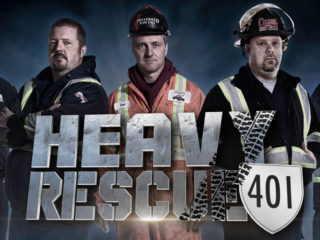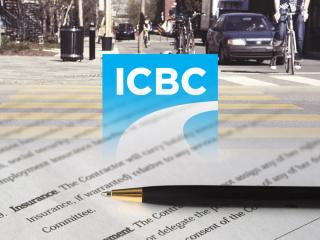Not Just Another Motion to Strike
The COVID-19 pandemic has triggered a proliferation of motions, generally by plaintiffs, to strike jury notices in personal injury cases so that trials can proceed virtually and on schedule. While decisions on such motions have gone both ways, depending on the facts and location of each case, timely access to justice is a recurring theme in each one. However, a recent decision out of Belleville may prompt a different kind of motion to strike a jury notice, one that targets cost effective access to justice.
In Lightfoot v. Hodgins, the plaintiff started his action in regular procedure for damages caused by an MVA that occurred on April 18, 2015. His prayer for relief was $750,000 in damages among other claims. Along with their statement of defence, the defendants filed a jury notice.
The case proceeded through discoveries and a pretrial. Over time, as often happens in such cases, the plaintiff obtained experts reports and other information that caused him to realize that his case was likely not worth $750,000. Further, on January 1, 2020, the simplified procedure claims limit under Rule 76 was increased from $100,000 to $200,000. Along with that amendment, however, came other procedural rules and limitations that vastly changed how trials are run in simplified procedure cases. They are now limited to 5 days. Evidence in chief is now done by affidavit. Pretrials are now much more focused. Costs are limited to $50,000 and disbursements are limited to $25,000. And, of course, there are no more juries. The amendment to the jury section, however, was not made retrospective to cases that originated before January 1, 2020 (see R.76.14).
The plaintiff believed that his case belonged in the simplified rules. While the parties estimated that a jury trial would have taken 3 weeks, the plaintiff took the position that it could complete its case within the 5-day limit under the summary trial process. The defence, to no real surprise, agreed. The one problem, however, was what to do with the jury notice. From a plaintiff’s lawyer’s perspective, running an MVA case in front of a jury is tough enough, let alone having to run one where the evidence in chief is by affidavit and you only have 5 days to complete it.
The plaintiff therefore brought a motion to strike the jury notice so that the simplified procedure summary trial process would take place before a judge sitting alone. He rightly took the position that the new simplified procedure trial rules were incompatible with a jury trial. The defence disagreed.
In what is believed to be the first decision of this kind, Justice Muszynski cited a combination of the COVID-19 pandemic (and its impact on civil jury trials), the new simplified procedure rules and overall proportionality as factors supporting the plaintiff’s position and struck the jury notice. She agreed that the new simplified procedure summary trial process was incompatible with a jury trial. She found that this case was, however, well-suited to that process. She noted, at para. 70:
In light of the admissions by the parties in this case, and the current challenges with the justice system more broadly as a result of the pandemic, I find that it would be contrary to the interests of justice and the principles of proportionality to require that this action continue to a 3-week jury trial in ordinary procedure rather than a 5-day, non-jury summary trial under Rule 76.
Interestingly, and helpfully, Justice Muszynski specifically noted that, while the pandemic’s effect on the justice system was a factor in her decision, delay was not the overriding one. At that point (May 2021), the COVID case count in Belleville (Hastings County) was low, and the Belleville Courthouse had been recently redone and could accommodate jury trials in a manner consistent with public health protocols.
It is understood that the Lightfoot decision will not be appealed, and anecdotally, a few defence counsel have already consented to similar orders. While it will be interesting to see how these motions are decided by future courts, this was a great result and plaintiffs’ lawyers are well advised to consider whether similar motions would be appropriate in some cases.















